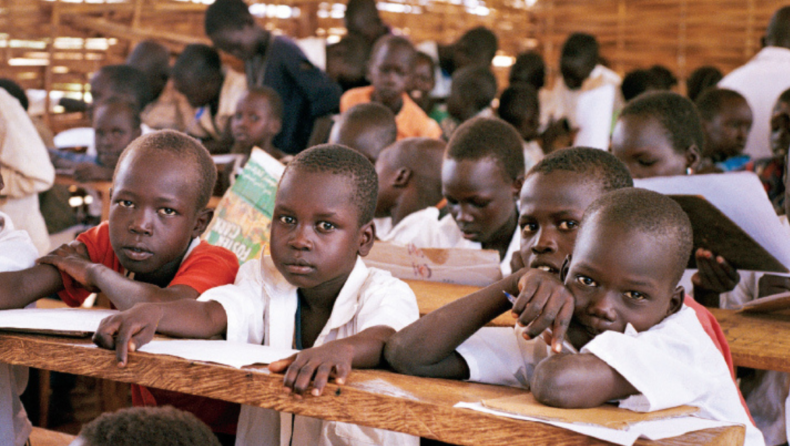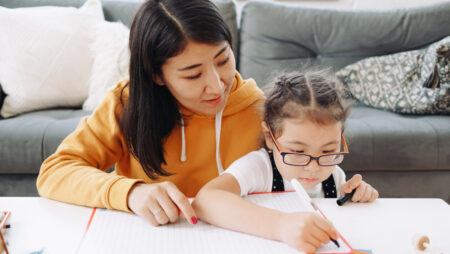It is a human right to get an education. But the question is, are children in remote areas given access to education?
Education plays a vital role in this era. Sustaining in today’s society can be tedious without education. Most nations are focusing on their educational programs to make their people competent in society.
So many awareness programs have been conducted to ensure education meets everyone on the globe. What about the people in remote areas? Are they aware of it? Are they given access to education?
For instance, the literacy rate of Sudan is 89.57%. Despite having a considerable literacy rate, it lacks education access to the people living in a internally displaced camp.
This camp holds almost 3 million people. The children in the camp are deprived of education.

“Because I like to study, I use our wall as a blackboard to practice my lessons,” says nine-year-old Sana, who resides in the camp.
It is an undeniable fact that each and every child should be given access to education.
Many children lost their standard of education due to the civil war, COVID-19, or due to climatic changes. Many are sent as refugees to other parts of the world.
How can children from rural areas be given access to education?
It is quite simple that any local government can make schemes to provide free education to children in the rural areas. Not only the government, but NGO’s can also come forward to give education.
Nurturing young minds with the right education will lead to a holistic environment.
Measures taken by UNICEF
In Sudan, UNICEF has implemented over 3,452 schools to maintain safe protocols. Over 6,59,900 children are receiving learning materials. It has also made children accessible to formal or non-formal education, including early learning.
No child should be deprived of education. It is our sole responsibility to make education accessible to children.
Read More https://tdznkwjt9mxt6p1p8657.cleaver.live/impact-of-covid-19-on-education-in-india/













